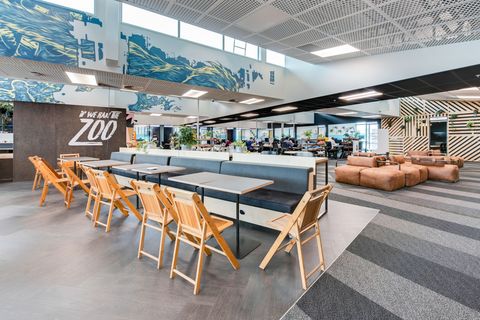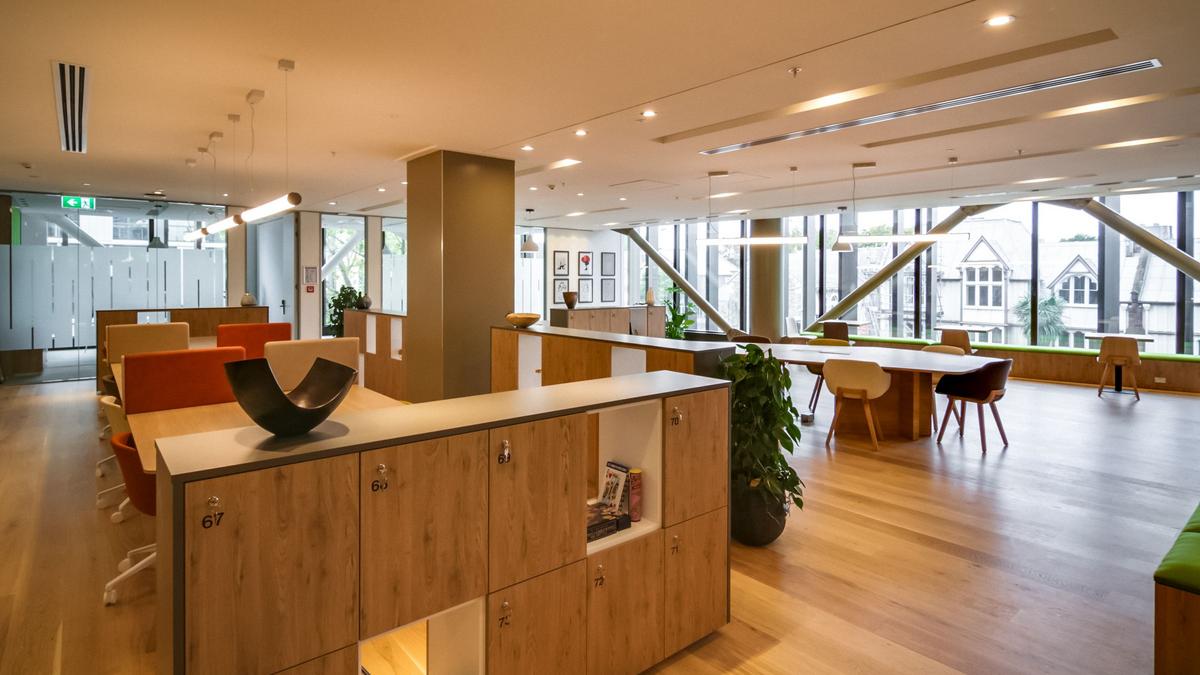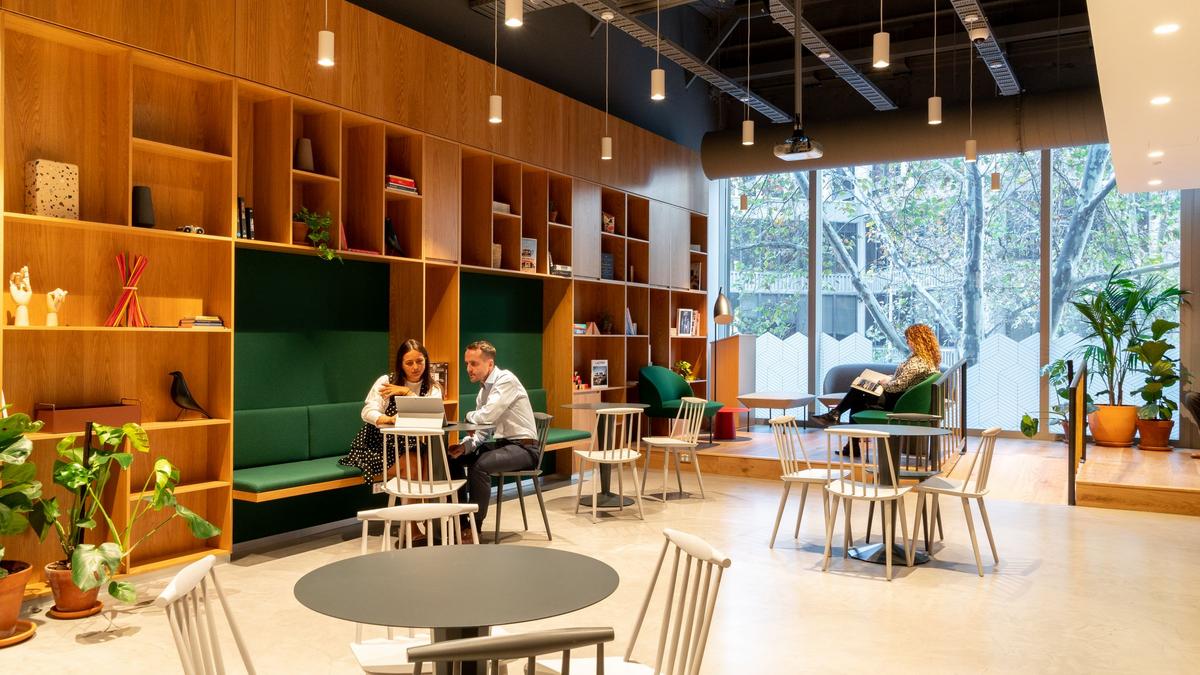Partners
Flexible workspaces: Keeping your employees and bottom line happy by Pierre Ferrandon, New Zealand Country Manager, IWG

Research has proven time and again how important flexibility is becoming for an increasingly mobile workforce. The question now is, how can businesses ensure both their employees and bottom line remain happy?
Consider this: Global real estate giant JLL has found 30% of fluid commercial real estate portfolios could be flexible workspaces in the next decade.[1]. Flexible workspaces, where companies commit to month-to-month rentals rather than 10-year leases, and freelancers and smaller businesses pay for a share of professional office space, are rising in number. In New Zealand, International Workplace Group (IWG) under its brands Regus and BizDojo, has expanded from five sites totalling 6,500m² in September 2017 to 16 sites with 27,000m² just 24 months later, representing 400% growth. Two more sites are scheduled to open (one this November) in Auckland totalling 6,750m² with the introduction of IWG’s Spaces brand to New Zealand.
The flexible workspaces concept helps forward-thinkers not only meet workforce expectations but reduces real estate related costs significantly.
Some of the advantages of adopting a flexible workspace model include:
- Reduce cost and commitment. 55% of corporate office space is currently lying empty – at an estimated cost of $10,600 per desk for conventional office space. What if companies started paying only for the space they used when they used it, and didn’t lock themselves into long-term lease agreements that create additional balance sheet liabilities?
- Improve productivity and engagement. Initiativeslike the 4 Day Week have already shown how the future of work is flexible. For those who just need a computer, a phone and an internet connection, using a flexible workplace close to home is a no-brainer. It saves time and money and makes workers more engaged and driven to satisfy their employer. As long as companies have the management tools to measure employee output, they can gauge what they are delivering for the company regardless of where they’re working.
- Make it work no matter the size. At present, 30% of global coworking space is occupied by corporates that want access to a global network. Other businesses want to exit their long-term lease and move into a pay-as-you-go workspace model, giving every employee funds for space and letting them decide how they want to spend it.
Using flexible workspaces helps companies save money while getting the output they want from their employees; facilitates flexibility, collaboration and networking opportunities; and gets lease liabilities off the balance sheet – while the employee has decision-making power over where they work. Win-win.
Call 0800 555 703 or visit www.regus.co.nz / www.spacesworks.com / www.bizdojo.com for more information
[1] Source: JLL Research - Flexing Their Muscles: Markets to Watch in 2019




